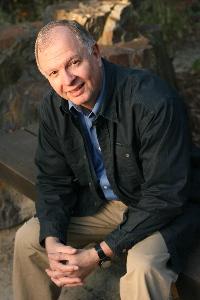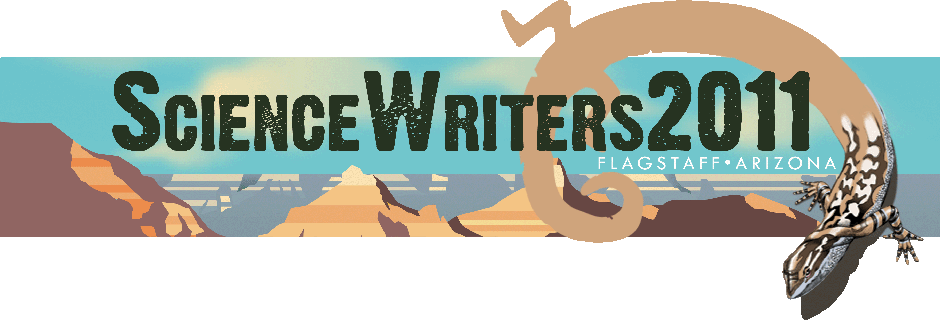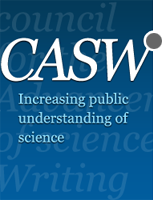Dennis Meredith

Position/Organization: Science writer; Research communication consultant
Dennis Meredith is author of Explaining Research (Oxford 2010). His career as a science communicator has included service at some of the country's leading research universities, including MIT, Caltech, Cornell, Duke and the University of Wisconsin. He has worked with science journalists at all the nation's major newspapers, magazines, and radio and TV networks and has written well over a thousand news releases and magazine articles on science and engineering over his career. He has served on the executive board of the National Association of Science Writers and is a contributor to its magazine ScienceWriters. He wrote the NASW handbook on media relations, Communicating Science News. He has also served as a judge for the NASW Science in Society Awards and the AAAS Science Writing Awards.
He won the latter award himself — for newspapers under 100,000 circulation — in 1974. He was a creator and developer of EurekAlert!, working with AAAS to establish this international research news service, which now links more than 4,500 journalists to news from 800 subscribing research institutions. He has also worked with federal agencies and scientific journals, including NSF and the Public Library of Science, to help them develop policies for communicating research and collaborating with public information officers. He has given seminars on science communications and public affairs for NASA, NASW and the Council for the Advancement and Support of Education, among other organizations. He has worked as a consultant on research communication for such organizations as the Idaho National Engineering Laboratory and as a consultant on multimedia museum exhibits. He holds a B.S. degree in chemistry from the University of Texas (1968) and an M.S. in biochemistry and science writing from the University of Wisconsin (1970). In 2007, he was elected as a AAAS Fellow "for exemplary leadership in university communications, and for important contributions to the theory and practice of research communication." He is currently writing science articles and books and consulting on research communications.
Speaking:
-
Saturday, October 15th, 10:45 am - 12:15 pm


